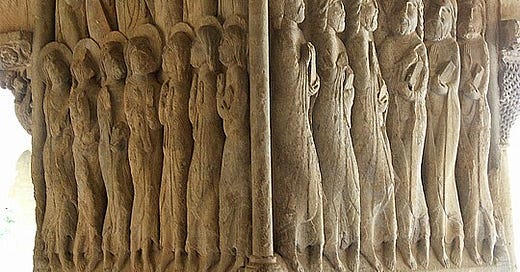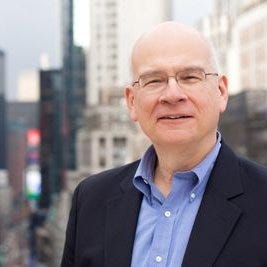I’m thankful for the time God has given me, but I’m ready to see Jesus. I can’t wait to see Jesus. Send me home.
According to his son Michael, that was Tim Keller’s dying wish as he entered hospice care last Thursday — a wish granted when the pastor and author died on Friday.1
To see Jesus may be the oldest yearning of Christianity, p…
Keep reading with a 7-day free trial
Subscribe to The Pietist Schoolman to keep reading this post and get 7 days of free access to the full post archives.




